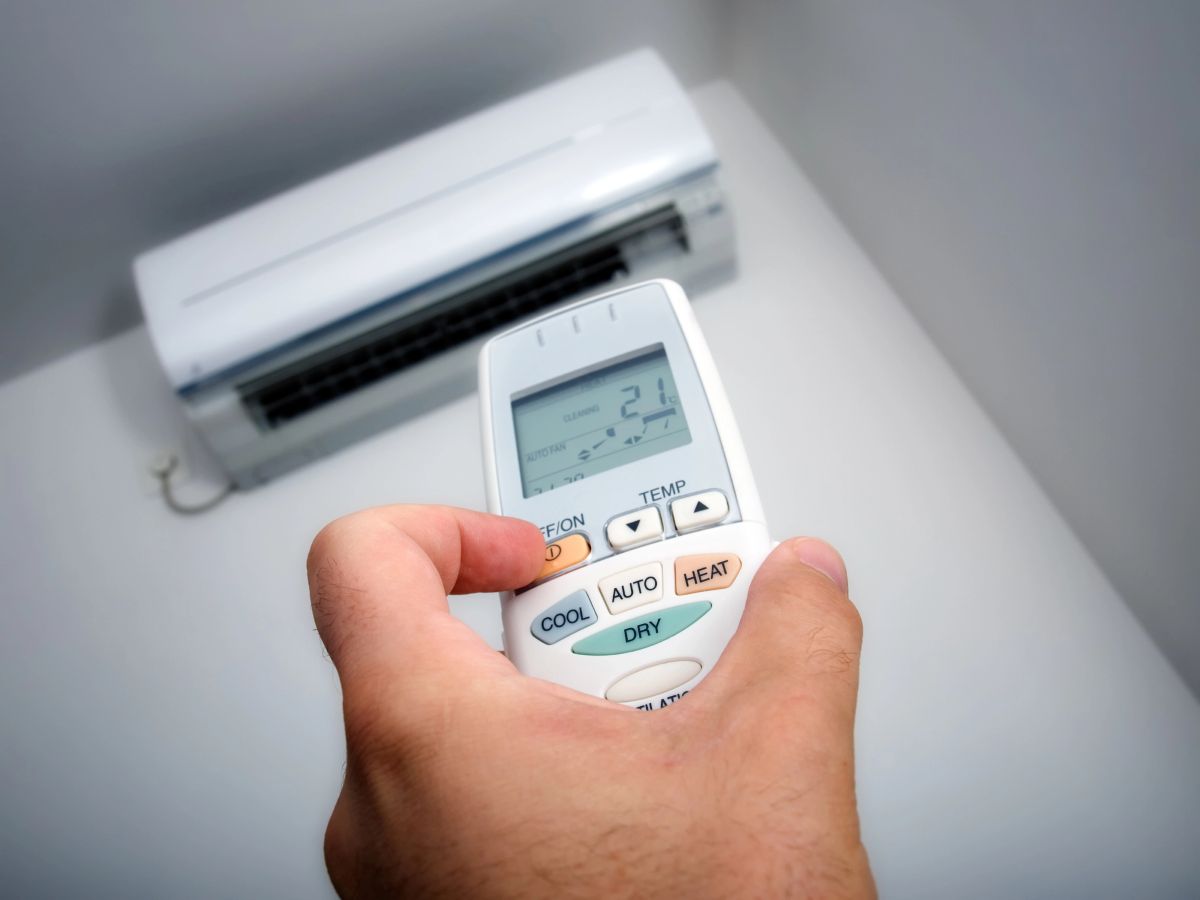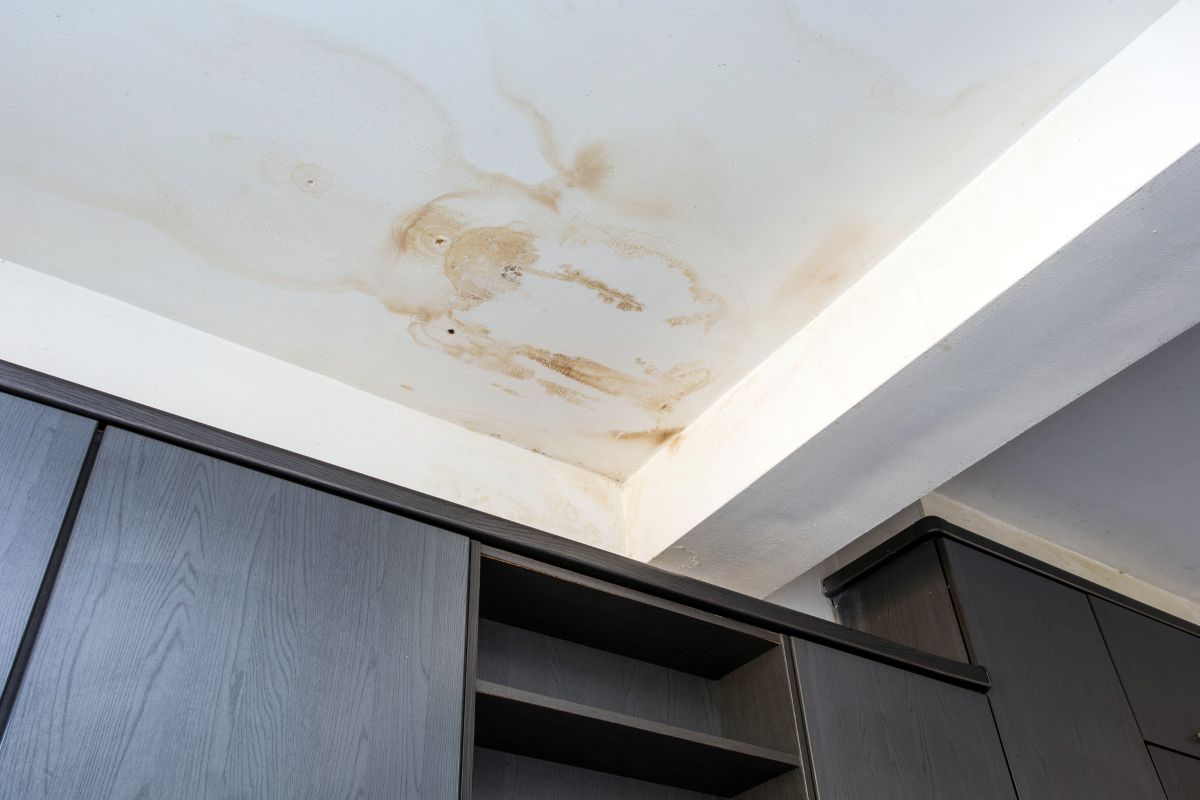When a pipe bursts at 2 AM in a rental property, or when a power outage leaves tenants without heating during winter, property managers face immediate pressure to resolve critical issues. With New Zealand’s property insurance market reaching $1.68 billion in 2024 and dwelling insurance inflation hitting 25% following North Island weather events, the cost of property damage has never been higher.
Emergency tradies represent the front line of property damage prevention, often making the difference between a minor repair and a major insurance claim. For property managers, having reliable emergency response partnerships isn’t just convenient—it’s essential for protecting property values and maintaining tenant relationships.
The Reality of Property Emergencies
Property emergencies follow no schedule and respect no boundaries. They occur during family dinners, weekend getaways, and public holidays when most businesses are closed. Yet for property managers, each emergency represents potential liability, tenant dissatisfaction, and property damage that must be addressed immediately.
The most common emergency scenarios property managers face include:
Water emergencies: Burst pipes, hot water system failures, and blocked drains causing flooding top the list of urgent callouts. These situations can cause thousands of dollars in damage within hours if not addressed immediately.
Electrical issues: Power outages, faulty wiring creating safety hazards, and heating system failures that compromise tenant safety and comfort, particularly during winter months.
Security breaches: Broken locks, damaged doors or windows that compromise tenant safety and property security, requiring immediate attention especially when tenants feel unsafe in their homes.
Weather damage: Storm damage to roofs, windows, and external structures that becomes particularly critical during New Zealand’s unpredictable weather seasons.
The pressure on property managers during these situations is immense. They’re juggling tenant safety concerns with property protection needs, all while managing costs and coordinating repairs outside normal business hours when information and resources are limited. Every minute counts when water is pouring through a ceiling or when elderly tenants are without heating during a cold snap.
Understanding the Emergency Response Ecosystem
Emergency property maintenance operates in a unique ecosystem where normal business rules don’t apply. Standard pricing, scheduling, and service protocols are replaced by urgency-driven decision-making that prioritizes immediate problem resolution over cost optimization.
The stakeholders in this ecosystem each face their own pressures. Property managers are coordinating response while managing anxious tenants and concerned property owners. Tenants are experiencing real disruption to their lives and need clear communication about what’s happening and when it will be fixed. Property owners worry about damage costs and long-term property impacts. Insurance companies need proper documentation to assess claims quickly and fairly.
Research consistently shows that rapid emergency response significantly reduces total repair costs. A burst pipe addressed within the first hour typically results in minimal damage and cleanup, while delays of even 4-6 hours can escalate into major structural repairs, mold remediation, and temporary tenant relocation costs that run into tens of thousands of dollars.
This urgency is backed by legal obligations too. Property maintenance responsibilities in New Zealand require landlords to maintain rental properties in a reasonable state of repair, making emergency response not just good business practice but a legal necessity.
What Makes Emergency Tradies Different
Emergency tradies provide specialized services that standard contractors simply cannot match. Their value extends far beyond technical expertise to include crisis management, rapid assessment under pressure, and damage limitation skills that prove invaluable when every minute matters.
Key emergency capabilities that set them apart:
- 24/7 genuine availability – not just an answering service, but real response capacity
- Mobile workshop capability – fully equipped vehicles enabling immediate on-site solutions
- Crisis communication skills – managing distressed tenants and pressured property managers professionally
- Rapid triage assessment – determining what needs immediate attention versus what can wait
The best emergency tradies excel at working under pressure while maintaining safety standards and professional communication. They understand how to explain technical issues in plain language, provide realistic timeframes for resolution, and keep all stakeholders informed throughout the repair process.
The triage approach separates professional emergency tradies from general contractors trying to handle urgent work. They can quickly determine which issues require immediate attention versus those that can safely wait for standard business hours. This skill saves property managers thousands of dollars by preventing over-response to minor issues while ensuring genuine emergencies receive appropriate priority.
Building Effective Emergency Partnerships
Successful emergency response relationships require different foundations than standard trade partnerships. Property managers need emergency tradies who understand the unique pressures and requirements of crisis situations, not just technical competence.
Clear response protocols form the backbone of these partnerships. Both parties need to understand exactly what constitutes a genuine emergency versus urgent but non-critical work. Response time commitments must be realistic and consistently achievable, while pricing structures should be transparent and agreed upon in advance to avoid crisis-time negotiations when everyone’s stress levels are elevated.
Trust builds through repeated successful responses under pressure. Property managers remember tradies who arrive within promised timeframes during genuine emergencies, communicate effectively with distressed tenants using appropriate empathy and professionalism, and provide accurate initial assessments that help managers make informed decisions quickly.
The most successful emergency tradies also educate their property management partners about appropriate emergency response. They help managers understand what genuinely requires immediate attention and what can wait, preventing unnecessary after-hours callouts while building confidence that real emergencies will receive proper priority.
Technology Enhancing Emergency Response
Modern technology significantly enhances emergency response effectiveness when used strategically:
Communication improvements:
- GPS tracking provides accurate arrival time estimates
- Real-time photo documentation enables rapid damage assessment
- Video calling allows remote initial assessment before dispatch
- Instant messaging keeps all stakeholders informed without constant phone interruptions
Digital integration benefits: Emergency tradies who integrate their systems with property management software provide seamless job logging, automated invoicing, and documentation that supports insurance claims without additional administrative burden.
Geographic Knowledge and Specialization
Emergency response effectiveness often depends heavily on local knowledge and sector-specific expertise. Property managers consistently value emergency tradies who understand their specific market conditions and property types over generalists who might be technically competent but lack contextual understanding.
Local expertise advantages:
- Understanding regional weather patterns helps predict emergency timing and types
- Familiarity with local building methods enables faster diagnosis and solutions
- Established supplier relationships ensure material availability outside business hours
- Knowledge of regional compliance requirements affects emergency repair approaches
Property Management companies in Cambridge, for example, often deal with heritage properties that require specialized knowledge of older building systems, rural water supplies, and heritage building materials that urban-focused emergency tradies may lack. This specialized expertise becomes critical when emergency repairs must preserve heritage features while ensuring tenant safety and comfort.
Different property sectors create distinct emergency response needs. Student accommodation requires rapid response to minimize disruption across multiple tenants, while premium rentals demand high-quality temporary solutions that maintain property standards until permanent repairs can be completed.
The Economics of Emergency Work
Emergency work commands premium pricing, but sustainable partnerships require fair and transparent pricing structures that provide clear value for property managers while compensating tradies appropriately for the demands and risks of emergency response.
After-hours emergency work typically commands premiums of 50-100% over standard rates, reflecting the inconvenience, risk, and specialized skills required. Callout fees cover travel and initial assessment costs, usually credited toward actual repair work when jobs proceed. Emergency procurement of materials often requires higher markups due to limited supplier availability and the need to maintain emergency stock levels.
The most successful emergency tradies focus on value delivery rather than hourly rate maximization. They price based on damage prevention value, understanding that preventing minor issues from becoming major problems provides significant savings that justify premium pricing. They offer different response time options at different price points, giving property managers flexibility based on genuine urgency levels.
Understanding insurance claim processes adds considerable value to emergency services. Proper documentation that supports insurance claims, knowledge of common coverage requirements and exclusions, and the ability to provide detailed reports that facilitate claim processing often save property managers more in reduced claim delays than the premium pricing costs.
Managing the Business Demands
Emergency response work creates unique business challenges that require careful management to maintain service quality while protecting work-life balance and business sustainability.
The most successful emergency tradies develop selective availability strategies based on emergency type and severity rather than trying to be available for everything all the time. They build backup arrangements with trusted colleagues for coverage during personal time, ensuring service continuity without personal burnout. Premium pricing helps compensate for lifestyle impacts while maintaining business viability.
Managing multiple emergency relationships requires systematic approaches to avoid conflicts and maintain service quality across all partnerships. Property managers typically work with several emergency tradies across different trades and geographic areas, creating opportunities for specialization while ensuring backup coverage during peak periods.
Clear communication protocols prevent confusion during multi-trade emergencies, while quality monitoring across all relationships helps maintain consistent standards. The most professional emergency tradies understand they’re part of a broader emergency response network rather than competing against other trades for exclusive relationships.
Weather Events and Seasonal Patterns
New Zealand’s weather patterns create predictable emergency response demands that smart property managers and emergency tradies prepare for collaboratively. Understanding these patterns enables proactive preparation that reduces emergency severity and improves response effectiveness.
Winter brings heating system failures and pipe freezes, while spring storms create roof damage and gutter blockages. Summer electrical system overloads from air conditioning and irrigation systems peak during hot weather, while autumn preparation failures often create winter emergencies that could have been prevented with proper maintenance.
With significant weather events causing $3.5 billion in insured losses in 2023, proactive emergency preparation has become essential for property managers. This includes pre-storm preparation protocols for high-risk properties, strategic positioning of emergency response teams and materials, and clear communication protocols for widespread emergency situations.
Emergency tradies are adapting to changing weather patterns by investing in equipment suitable for extreme conditions, developing expertise in climate-resilient temporary repairs, and building relationships with specialist suppliers for unusual materials that may be needed during unprecedented weather events.
The Professional Development Dimension
Emergency work requires specialized skills beyond standard trade qualifications, and the most valued emergency tradies invest continuously in training that enhances their crisis response capabilities.
First aid certification becomes essential when medical emergencies accompany property emergencies. Safety protocols for working in damaged or dangerous environments require specialized knowledge that standard trade training doesn’t cover. Enhanced customer service skills for managing distressed tenants and property managers under pressure often prove as valuable as technical expertise.
Understanding insurance processes, claim requirements, and documentation standards adds significant value to emergency services. Ongoing professional development through industry workshops, insurance company training programs, and technology updates keeps emergency tradies current with evolving best practices and requirements.
Looking Forward
The emergency response sector continues evolving with new technologies and changing property management needs. IoT monitoring systems increasingly detect potential issues before they become emergencies, while drone assessment capabilities provide rapid initial damage evaluation after weather events.
Property management software integration streamlines emergency response coordination, while mobile workforce optimization systems help emergency tradies manage multiple simultaneous calls more effectively. These technological advances enhance rather than replace the fundamental human skills that make emergency response effective.
For property managers, reliable emergency response partnerships provide peace of mind, protect property values, and ensure tenant safety and satisfaction during challenging situations. These partnerships represent critical support systems in modern property management, often making the difference between minor inconveniences and major disasters.
The most successful emergency tradies understand they’re not just providing technical services—they’re supporting community resilience, helping maintain housing security, and protecting vulnerable tenants during their most challenging moments. This broader perspective drives the professionalism and commitment that makes emergency response partnerships truly valuable for everyone involved.


